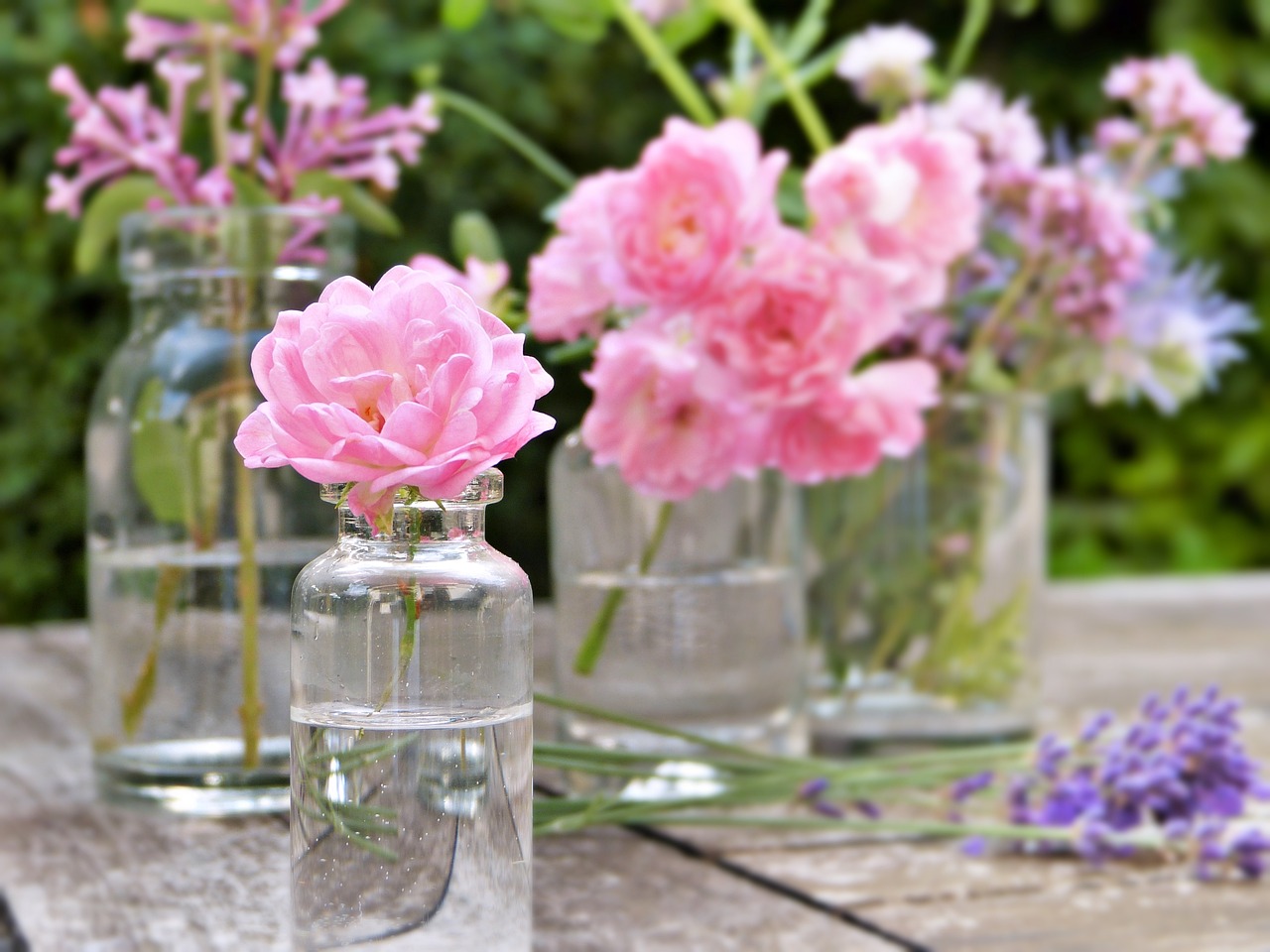Introduction:
In the pursuit of well-being and health, humanity has explored a multitude of avenues, both conventional and unconventional. One fascinating and historically rich approach is the use of perfumes and fragrances to potentially aid in the healing process. While it’s important to note that perfumes and fragrances cannot replace medical treatments, there is evidence to suggest that their aromatherapeutic properties can contribute positively to our emotional and mental states, ultimately supporting holistic wellness.
The Historical Connection:
The use of aromatics for their healing properties dates back centuries, with ancient civilizations like the Egyptians, Greeks, and Chinese employing fragrant oils, herbs, and resins for various purposes, including religious rituals, cosmetics, and medicinal applications. These practices laid the foundation for what we now call aromatherapy.
Aromatherapy and Modern Science:
Aromatherapy, a holistic practice that uses essential oils extracted from various plants, has gained recognition for its potential to influence emotions, moods, and even physical sensations. While empirical scientific evidence is still evolving, some studies suggest that certain fragrances can stimulate the limbic system, the emotional center of the brain, leading to changes in mood and relaxation.
Common Fragrances and Their Purported Benefits:
Lavender: Widely recognized for its calming properties, lavender fragrance is believed to alleviate stress, anxiety, and insomnia. Its scent is known to promote relaxation and restful sleep.
Citrus Scents: Fragrances from citrus fruits such as orange, lemon, and grapefruit are associated with boosting energy, enhancing mood, and reducing feelings of fatigue. They are often used to create a cheerful atmosphere.
Eucalyptus: Known for its invigorating scent, eucalyptus is thought to help clear the respiratory system and relieve congestion, making it a potential choice during colds or sinus congestion.
Peppermint: The cooling and refreshing aroma of peppermint is believed to aid in alleviating headaches and promoting mental clarity. Its scent may help enhance focus and concentration.
Rose: Rose fragrances are often linked to feelings of comfort and self-love. They might help reduce stress and improve emotional well-being.
A Balanced Approach:
It’s essential to approach the use of perfumes and fragrances for potential healing benefits with a balanced perspective. While they can complement overall wellness, they should not replace professional medical advice or treatments. Pregnant individuals, individuals with allergies, or those with certain medical conditions should exercise caution when using essential oils and fragrances.
Practical Applications:
Incorporating aromatherapy into your daily routine can be a simple and enjoyable practice. Consider using essential oil diffusers, scented candles, or even natural room sprays to create a calming environment at home. You can also experiment with personal fragrances containing essential oils that resonate with your desired emotional state.
Conclusion:
The use of perfumes and fragrances as a complementary approach to holistic wellness is a fascinating journey that bridges ancient wisdom with modern science. While further research is needed to fully understand the extent of their therapeutic effects, the anecdotal evidence and historical practices certainly invite us to explore the aromatic world as a potential means to enhance our emotional and mental well-being. As with any holistic practice, the key lies in embracing it as a part of a comprehensive approach to self-care and well-being.




